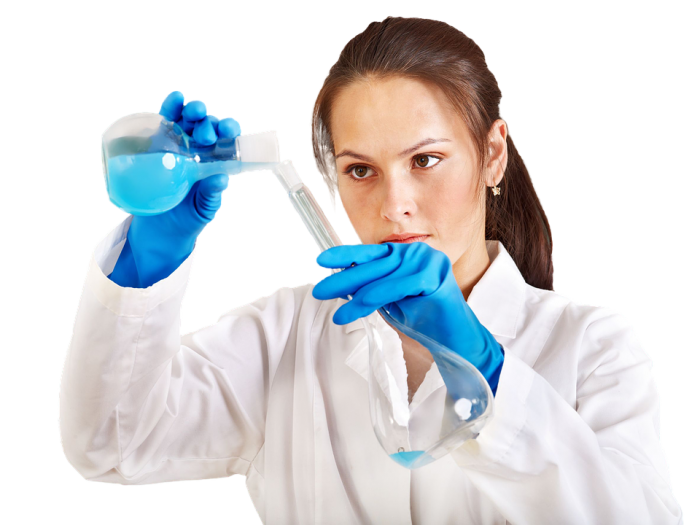A new vegan smart-test allows beauty companies to avoid animal testing and prove product mildness by testing on human cells grown in a lab.
91% of consumers report uncomfortable symptoms on their skin including skin tightness, dryness, itching, burning and redness with over a third of consumers avoiding daily life skin care products due to skin reactions.
Beauty and cosmetic companies are under increasing pressure to produce clean beauty products that can boost wellbeing but also detect subtle differences in mildness on the skin. Vegan testing lab XCellR8 has unveiled a ground-breaking new test for more accurately predicting mildness to skin – that is entirely free from animal-products.
The new test uses human skin cells grown in the lab to detect subtle differences in even the mildest of products or ingredients, providing a classification of Non-Irritant, Very Mild, Moderate to Mild, Moderate or Strong/Severe.
In a two-year project, the new mildness test was validated against human volunteer trials with the lab-based data accurately predicting the rank order of human clinical scores, finally allowing brands to determine ‘how gentle is gentle.’ Producing results in as little as six – eight weeks, the XtraMild Test will enable companies to use credible scientific data to support their mildness claims.
The research also unveiled:
· Nurses know best. XCellR8 grows skin in their labs for testing. Whilst the skin grown in the lab was just as effective at predicting mildness as the human volunteer trials, the researchers discovered that specially trained nurses were shown to measure skin irritation more accurately than equipment that measures the redness and temperature of the skin on the volunteers.
· Sustainability does not need to be expensive. Some of the best selling soaps proved more mild than equivalent market leading facial washes.
· Scientific claims can not tell the whole story. One media favourite claims the low pH level of its facial bar contributes to its mildness. And whilst it was classified as moderately mild, 6 out of the 10 soaps tested were milder.
The test is commonly used to assess new baby formulations such as shampoos, foam baths and body washes, providing critical insights into the mildness of the product and comparisons with leading brands. It is highly relevant for a wide variety of other formulation types including facial soaps, cleansers and other skincare items. The ET50 test can also be applied to cosmetic ingredients, such as assessment of the mildness of novel “mild” surfactants against classic surfactants, replacing the traditional tests which often lack relevance and the required level of sensitivity.
Dr Carol Treasure, CEO and Founder of XCellR8 commented on the latest innovation to come from the company:
“Our company ethos to provide world-leading science with world-leading ethics really shone through with this project.
“Existing tests for mildness aren’t accurate as they were designed for irritant chemicals rather than today’s gentle cosmetic ingredients, and were benchmarked against unreliable animal data. In developing a new more sensitive test, we have been able to prove that in vitro test results are as predictive as human volunteer trials as part of the project design. We no longer need to be dependent on out of date animal data as new in vitro techniques provide such a good model of real-life exposure.
“The research project also allowed us to look at the differences in facial cleansers and soaps in the current market place – and highlighted the mildness of many soaps, ultimately allowing the consumer to choose a product that is as mild to their skin as a facial wash whilst being more sustainably packaged.
“The beauty of XtraMild is that it can bring together R&D and marketing, as formulators can now help marketing teams provide solid evidence for their mildness claims.”
XCellR8 is an exclusively vegan laboratory and provides entirely animal-free safety and efficacy tests to the cosmetics, personal care and chemical industries. Already trusted by leading cosmetic and chemical companies around the world, the company does not use serum, tissues or antibodies extracted from animals.
